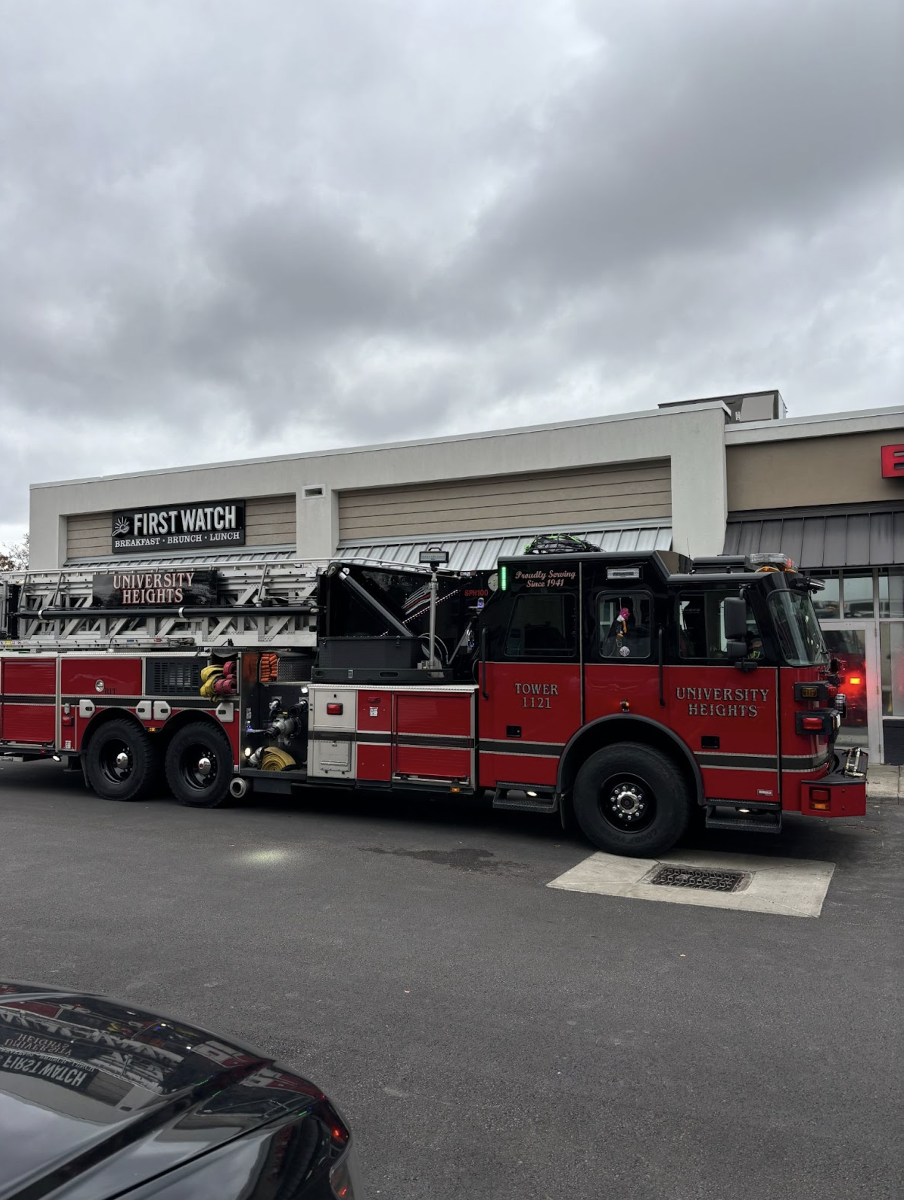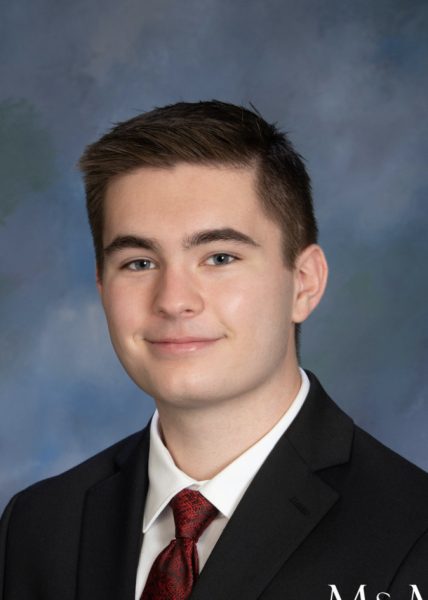Triggered fire alarms have been a constant on campus this semester. Twenty-nine fire alarms have been triggered at JCU since Aug. 19. Chief of Police of the John Carroll Police Department Jeffery Daberko said that despite the majority of this semester’s alarms being minor and caused by burnt food, dust from contractors, shower steam, a defective detector and electrical issues—safety still must be taken seriously.
Whenever a fire alarm goes off on campus, the University Heights Fire Department is contacted as well. JCUPD and John Carroll University’s Facilities Department are the first to arrive at the scene, with UHFD following close behind. University Heights Fire Department Chief Robert Perko explained in more detail how UHFD responds to a JCU fire alarm.
“The fire department responds to all fire alarms in the city with an all-company response,” Perko said. An all-company response includes one tower truck with ladders and tools needed to reach any residents facing trouble. In addition, there is a water truck with onboard tanks and hoses to put out any blazes as well as communication trucks.
When asked about these constant alarms, and the large response from UHFD, one student Nick Colbert ’26 said, “I hear alarms going off about once every two weeks. I lived in Bernet Hall and the alarm went off 17 times already. All of them were false alarms, as the alarm would be set off for something as little as taking a hot shower.”
Colbert continued, “I left the building when the fire alarms went off, but it was only because of people telling me to go out. If an alarm goes off for an actual fire, I would be a little hesitant to go out simply because of the amount of false alarms I have experienced. However, I would still evacuate in an orderly manner.”
Daberko emphasized that the top priorities after a fire alarm goes off are getting everyone to evacuate the building and locating the source that activated it.
To distinguish minor and major alarms, Perko added “If the alarm company advises our dispatch that the alarm was a false alarm or verified by JCUPD to be a non-hazard, the UHFD officer in charge may decide to downgrade the alarm and have just the tower ladder respond.”
Perko also emphasized the importance of treating fire alarms seriously, especially in college and university settings.
“Fire alarms are not just routine drills or inconveniences, they are critical safety measures designed to protect lives and property in the event of a fire emergency,” Perko mentioned. “Ignoring or disregarding fire alarms can have serious consequences, injury or loss of life, damage to property and disruption to academic activities.”
Both Daberko and Perko emphasized how the city and John Carroll University fit into the safety apparatus they have built up with the university and the city over the last few years. Perko wants students to remember that fire safety is everyone’s responsibility. By treating fire alarms seriously, the JCU community can help ensure a safe and secure environment for everyone on campus.
Amelia Marlow, assistant campus editor, contributed to this story




